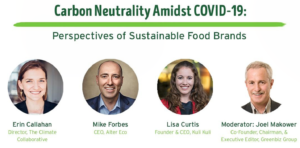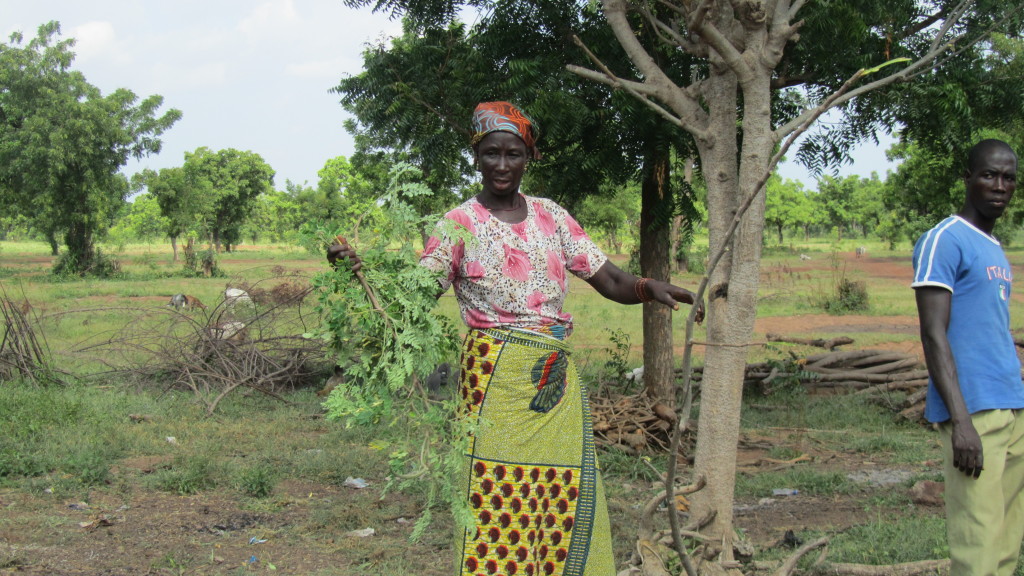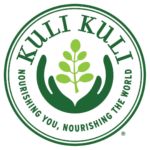As the world learns to travel less and Zoom more, are there still opportunities for businesses and individuals to lower their carbon footprint? What does sustainability look like amidst COVID-19? How can “the push” toward net-zero inspire other companies to follow suit?
Joel Makower of GreenBiz moderated an incredible panel featuring Kuli Kuli founder & CEO Lisa Curtis, Erin Callahan of The Climate Collaborative, and Mike Forbes of Alter Eco.
If you missed the webinar, Carbon Neutrality Amidst COVID-19: Perspectives of Sustainable Food Brands, you can watch it by clicking the link, or watching it below. We’ll provide a quick summary in this article too.
3 Takeaways from our Carbon Neutrality Webinar
This is a tricky time for businesses and individuals around the world navigating the challenges of COVID-19. We hope this webinar offers insight into how sustainability does not need to be compromised during this time.
More and more consumers want to know the specific ways that businesses are prioritizing and acting on sustainable initiatives.
1) Sustainability Matters To Consumers, Even During Covid
Lisa Curtis started the conversation sharing a recent report that around 86% of consumers during COVID have said that they still look for sustainability in their product. This is particularly true, according to the findings, when shopping for food.
This could be good news for the food industry and the environment, as the study alludes that people are rightfully concerned about the impact companies have on people and the planet. Food brands that make sustainability a first priority and central tenet of their mission, rather than an afterthought, are more likely to make greater strides towards carbon neutrality. And there are so many brands doing that good work!
“There’s been this push for net-zero,” Joel Makower adds, towards the beginning of the webinar. Every week it seems, there are businesses sharing resource with each other, and helping transition other companies more quickly towards sustainable actions.
2) Carbon Neutrality is a Mindset to Change Your Number, Not Just Offset It
Mike Forbes, CEO of Alter Eco, explains how and why Alter Eco weaves sustainability into everything they do—and why that is essential to their mission. “We believe that anything we sell, and that’s largely chocolate, should be better for the farmer that produces it, better for the planet that provides it, and just awesome for people who consume it,” Mike Forbes explains.
Every year, Alter Eco works with an external firm to study the total carbon emitted by their overall business processes, and how they can reduce it.
These emissions can come from the growing of the product, logistics via transportation emissions, packaging, manufacturing, and more.
“Once we get that carbon number, that helps us really think intelligently about how we can make that number better […] This year, for example, our logistics number was higher than we thought,” Forbes explains. With that third-party insight, the team at Alter Eco worked to reduce that emission.
This level of detail keeps Alter Eco at the forefront of their innovative and sustainable actions. It also keeps them on track with their ongoing push to lower their carbon number, not just offset it.
3) Remember to Stay Curious and Strategic
A little over halfway into the webinar, Erin Callahan of The Climate Collaborative offers the mindset of “staying curious” when it comes to exploring how to reduce carbon emissions. “For any company looking to reduce their supply chain emissions,” Erin explains, “it again can be very intimidating, especially if you’re a small company.”
Erin’s hope with The Climate Collaborative is to share insight among natural food businesses, and shape an industry that addresses climate change with actionable items.
This does not have to mean trying to tackle every aspect at once, especially for individuals and companies who are new to sustainability endeavors. Be strategic, Erin advises.
“Don’t try to have a new packaging strategy, a new transportation system, and a new sourcing or best practices & conduct all at the same time.” Erin explains. “Look at where your hot spots are. Then, try and figure out where you have both the most control and influence, combined with the biggest potential impact.”
What Steps Are Next?
Whether you are an individual who wants to support businesses that act on carbon neutrality, or you’re a business owner hoping to examine and shift your own carbon emissions, there are lots of ways to become involved. We all have a relationship with the food we eat and put into our bodies, and studies show that even during COVID, consumers care about sustainable practices from the brands they support.
The natural food industry has many companies leading the way with actions around carbon neutrality and ethical supply chains. For example, 661 companies are part of The Climate Collaborative, including Kuli Kuli and Alter Eco. Maybe in the near future, the natural foods industry will become the rising leader in sustainable business practices.
For more webinar recaps, be sure to checkout Quarantine Cooking, 3 Takeaways from Our Women’s Health Webinar, and How to Build a Climate-Smart and Ethical Business.
Please watch our webinar below about carbon neutrality and sustainability admist uncertain times. Feel free to share with anyone who also inspires you, and leave a comment below!
Do you think the natural foods industry can become the rising leader in sustainable business? Let us know your thoughts or questions below!
Follow us @kulikulifoods to learn more about our sustainability initiatives.














Thrilled to see food brands embracing sustainability! These are the kinds of food companies I can really get behind and recommend. I look forward to following you all and continuing to see how the journey for you all unfolds. I will highlight you in my next presentation about dietitians working towards more sustainable and regenerative food systems. Many thanks for being pioneers here!
Hi Mary, thanks for your enthusiasm and support! There’s so many incredible companies doing the good work, and acting towards a sustainable present and future! 🙂